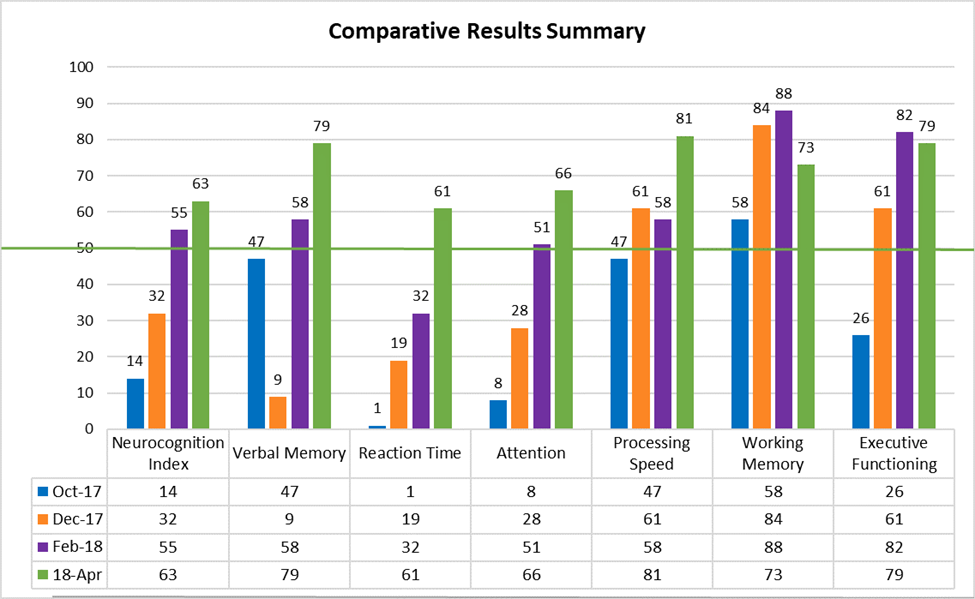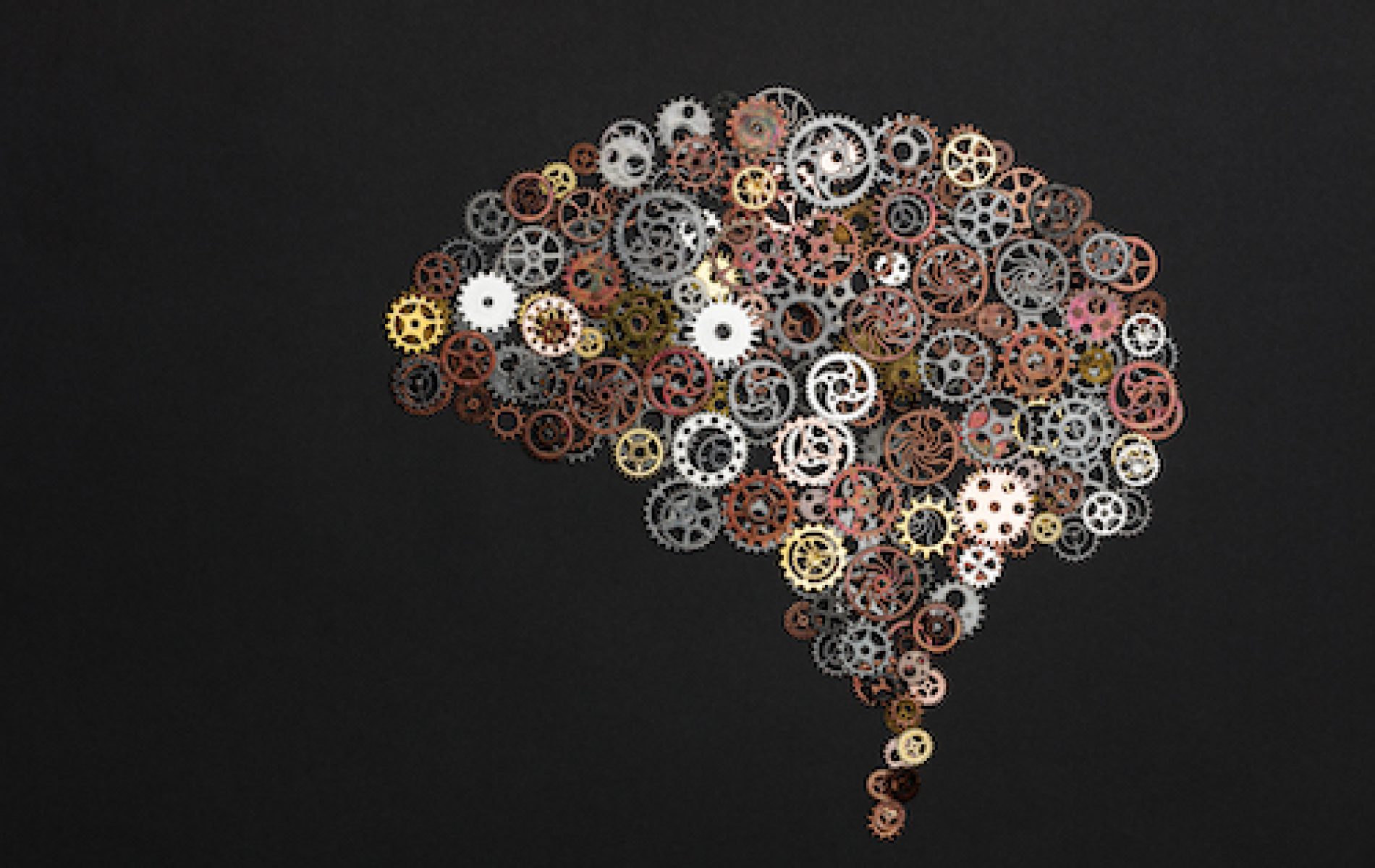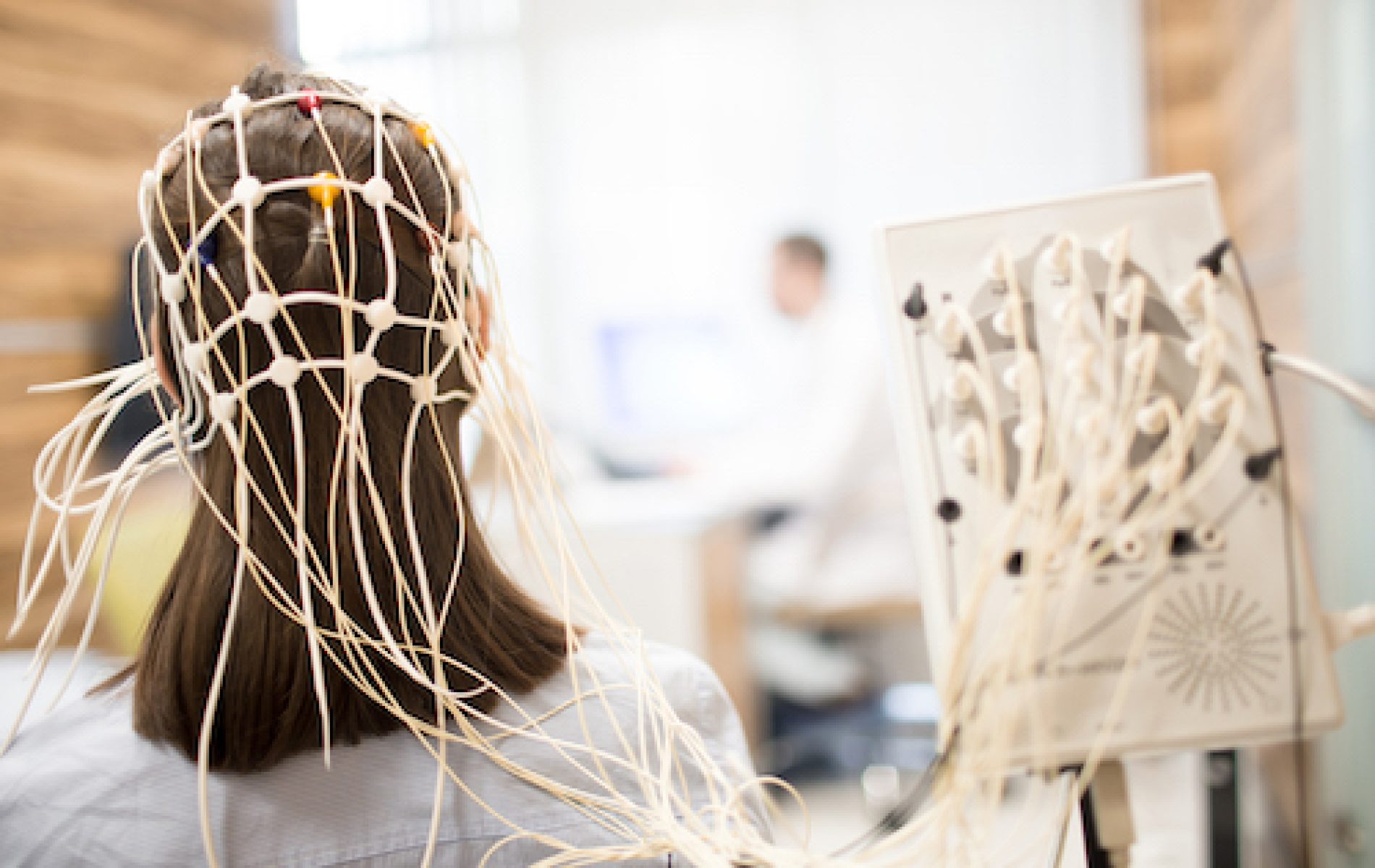Parenting is tough. Why is my teenager so grumpy? Should I let my 8 year old play contact sports? At NeuroGrow we hear a lot of questions from parents and over time, we’ve noticed a trend. So if you find yourself wondering about non-medication options for your child’s ADHD or worrying about occasional marijuana use in your teenager, read on!
Q: Should We Let Kids Play Tackle Football?
A: No.
It is time for us to say goodbye to tackle football for kids under 12.
Their brains are still developing and tackle football causes injuries that manifest as difficulty with mood or memory years later.
Q: Is It Possible To Treat Childhood ADHD Without Medication?

A: YES!
Neurofeedback, especially when combined with brain coaching, helps children with ADHD gain remarkable improvements in their attention, concentration, memory, and “executive function.”
Here is an example of one of the patients (9 years old) whose objective cognitive testing shows significant improvement.
He kept improving with continued treatment after his baseline testing in October 2017 (blue graphs).
His April 2018 testing (green bars) demonstrate how his attention performance has improved from 8th percentile to 66th percentile and his overall brain performance (neurocognition index) has improved from 14th percentile to 63rd percentile.
We did not give him any medications; he only received brain coaching and neurofeedback.
Q: Does Our Brain Go Through Significant Changes During Teenage Years?
A: Yes. Absolutely.
Our brain keeps making new cells and remodel pathways for balance, memory, and emotional control during early childhood. The last set of pruning, updating, and renovation of these neuronal pathways happen during teenage years.
These substantial changes in the brain structure account for why teenagers may experience turmoil in their behavior and do things that don’t always make sense. Once these changes our completed, our brains are in top notch condition in our 20s.
Beyond that, our brain maintains its ability for plasticity and repair; it changes for better or for worse, but not to the same degree that happens in our teenage years.
Given that anatomical changes happen to the brains of teenagers, we (as parents) need to be patient with them. We need to allow them to find their new pathways in life and guide them to make good decisions.
Also, we need to help them eat well, sleep well, and exercise a lot. And of course, we should help them avoid concussions or drug abuse.
Should Teens Be Allowed To Smoke Marijuana?
A: The research is not settled.
Teens who smoke pot appear to have poor memory and cognitive function; but 72 hours after they stop, their memory performance returns to average range.
Marijuana seems to be bad for teens’ memory function, but it is unlikely to cause long-term damage.
I favor not using it as we still don’t know the full extent of who may be more susceptible to long term consequences.



